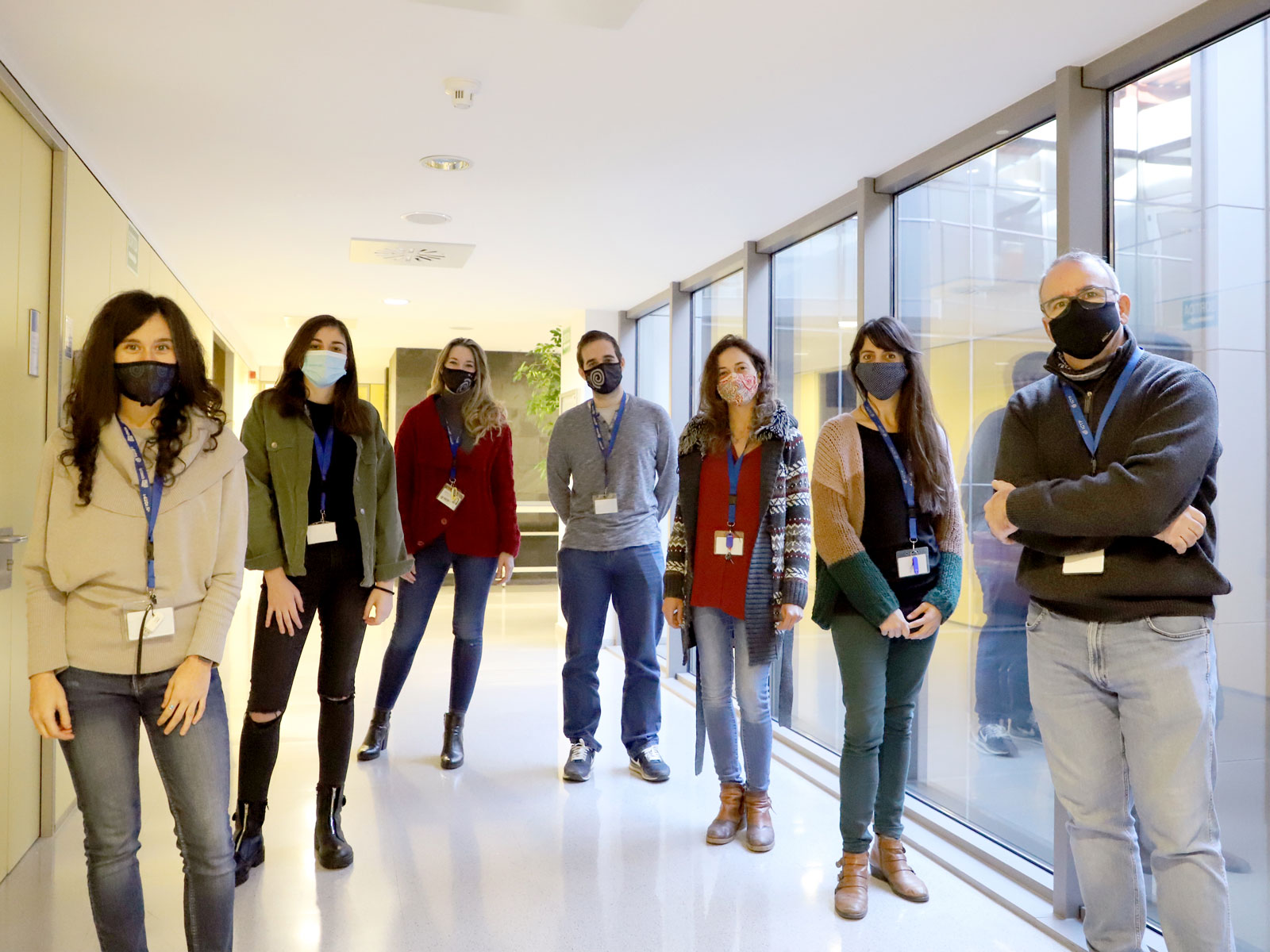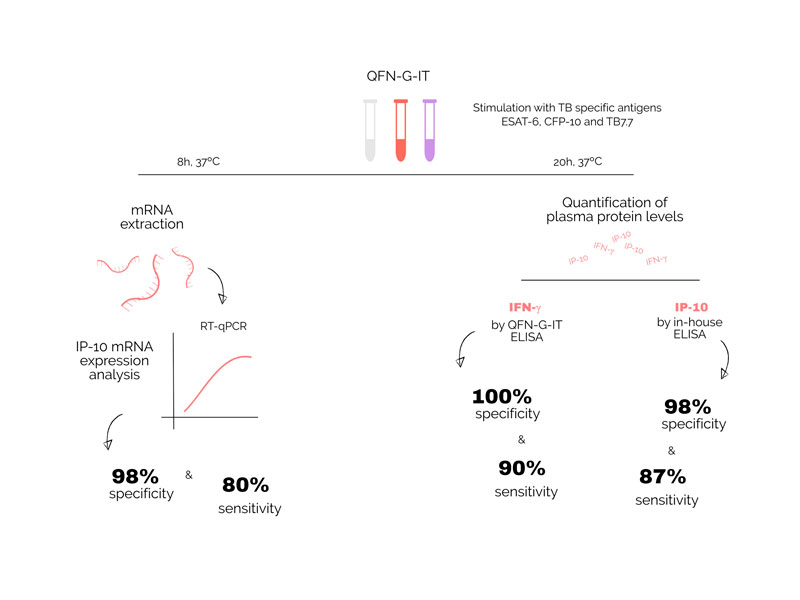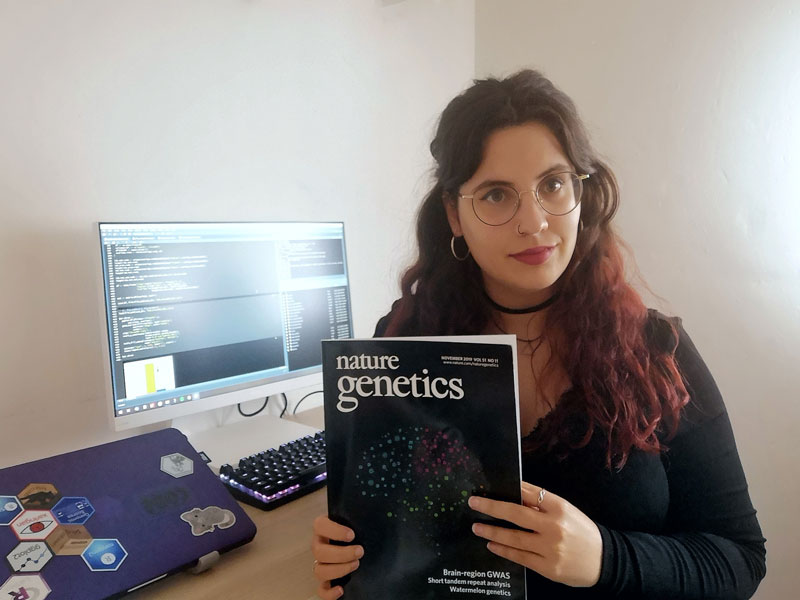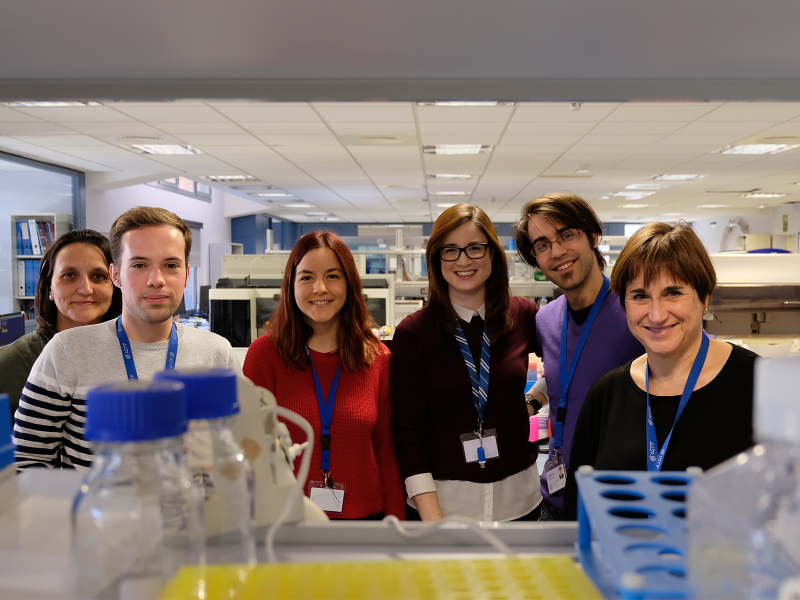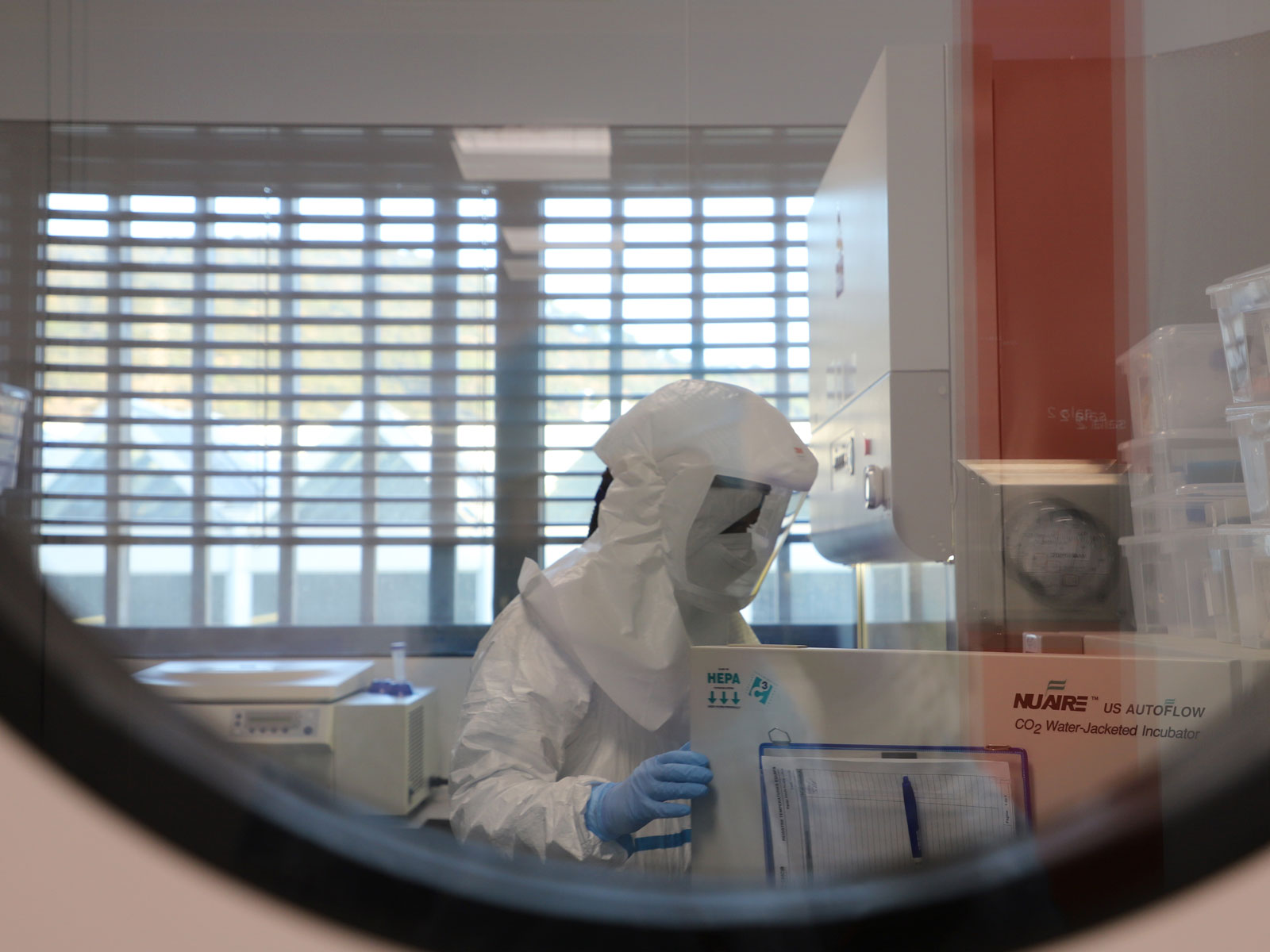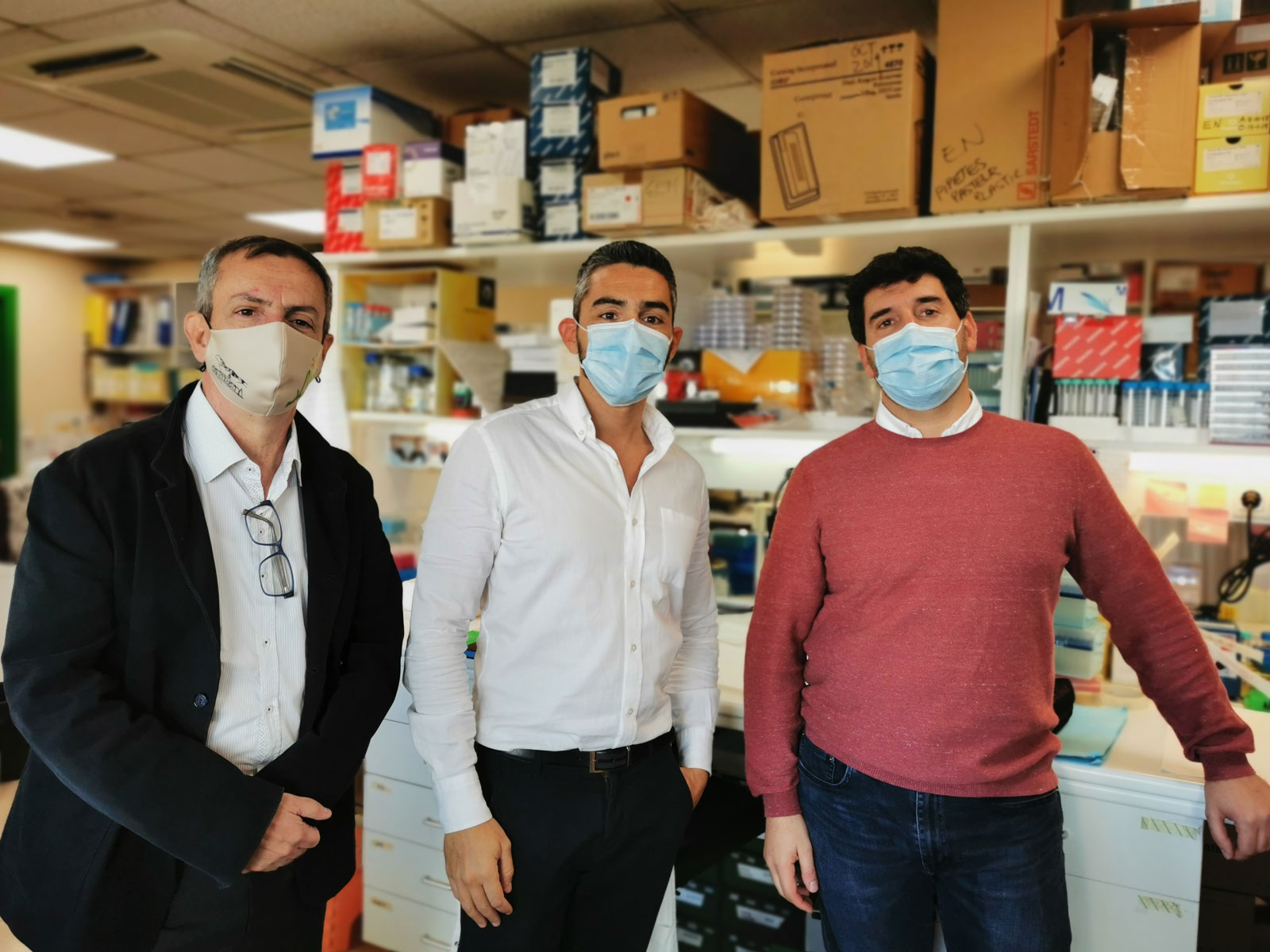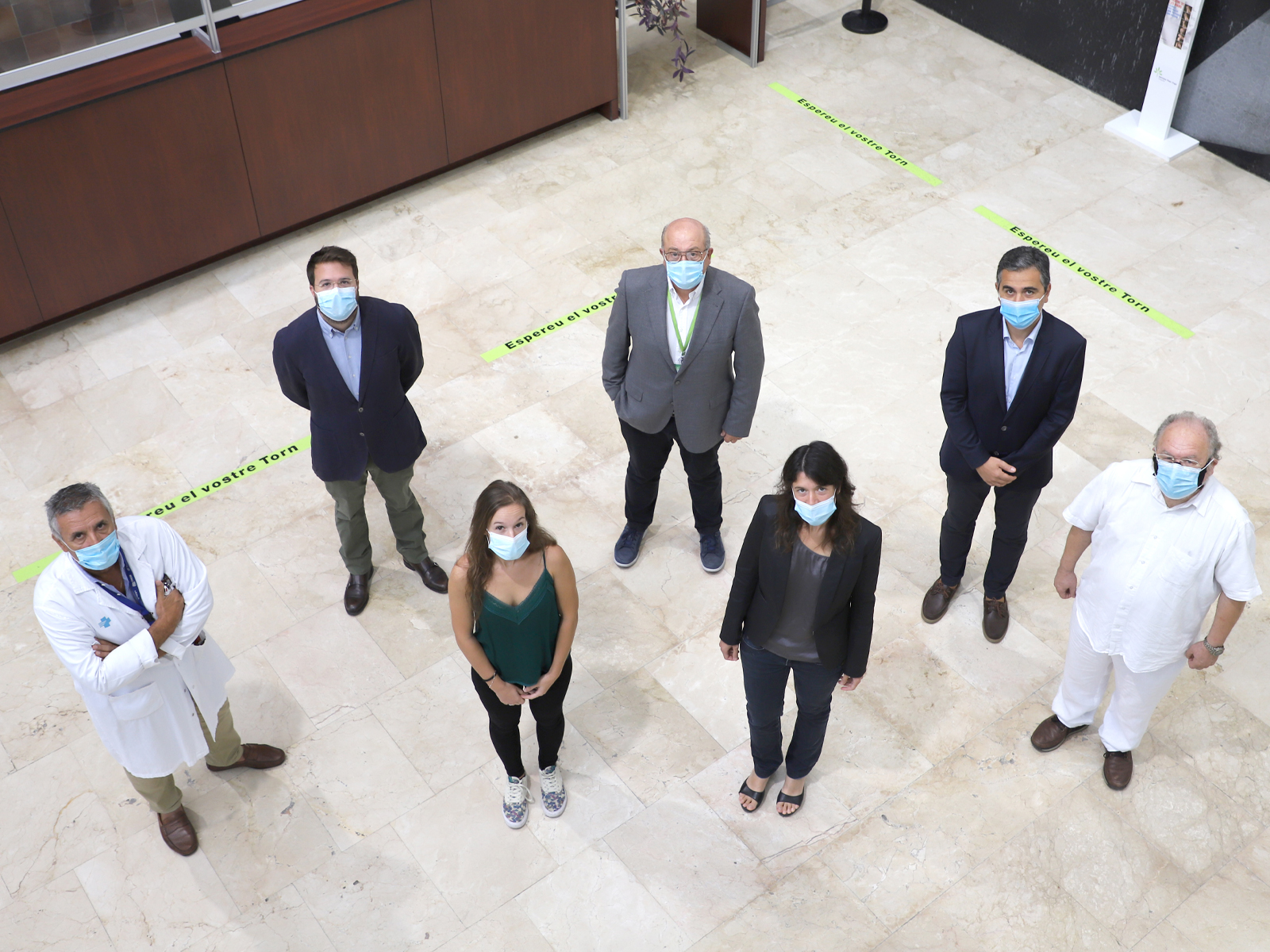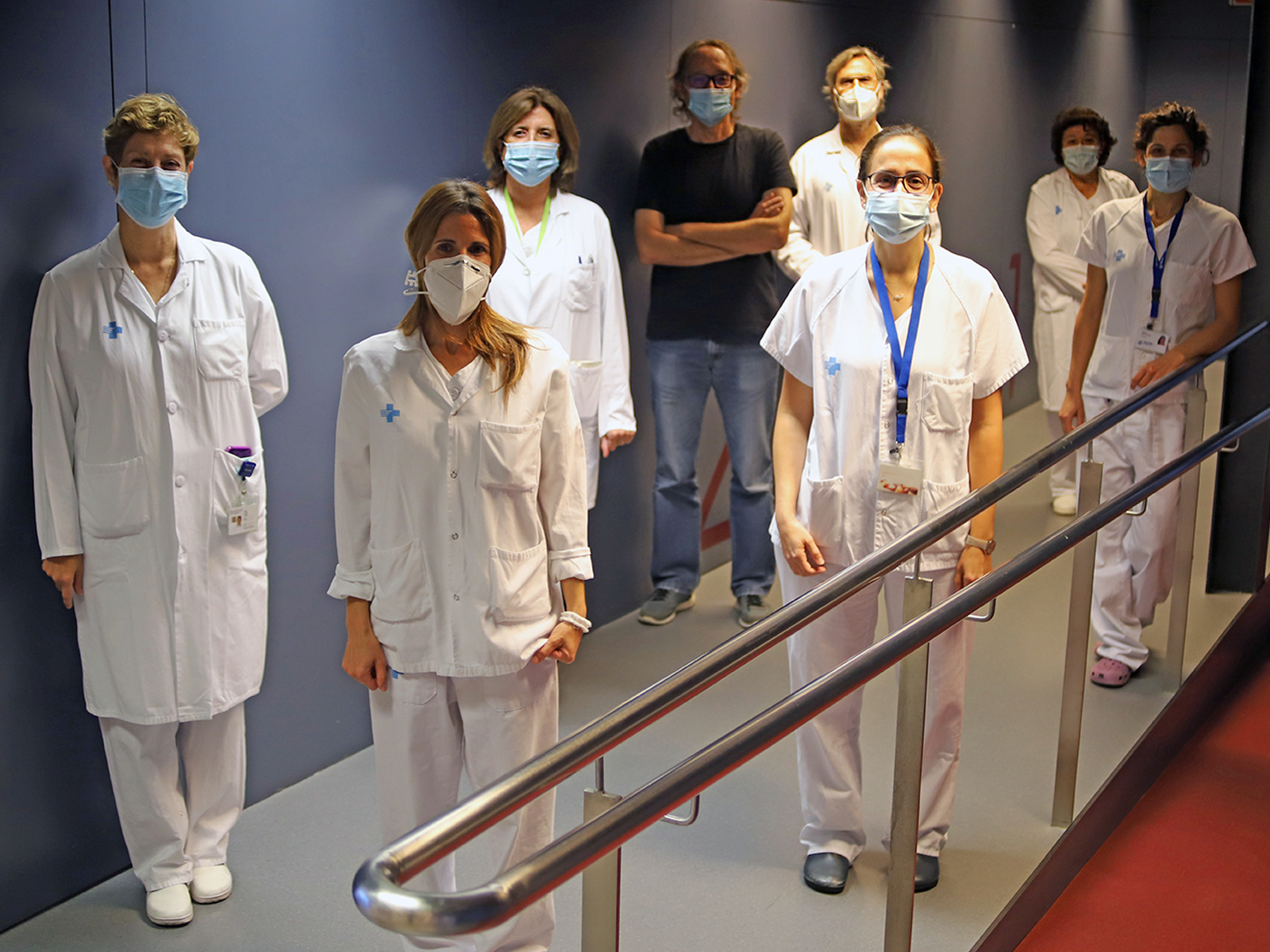Two studies show the way ahead for better non-invasive monitoring of kidney transplants
Members of the Kidney-affecting Diseases Research Group and the Innovation in Vesicles and Cells for Application in Therapy (REMAR-IVECAT) have recently published two studies led by Dr Francesc E. Borràs, which identify possible biomarkers of irreversible damage to transplanted kidneys; a pathology that eventually causes them to stop working. The papers have been published in the International Journal of Molecular Science and the Journal of Nephrology.
